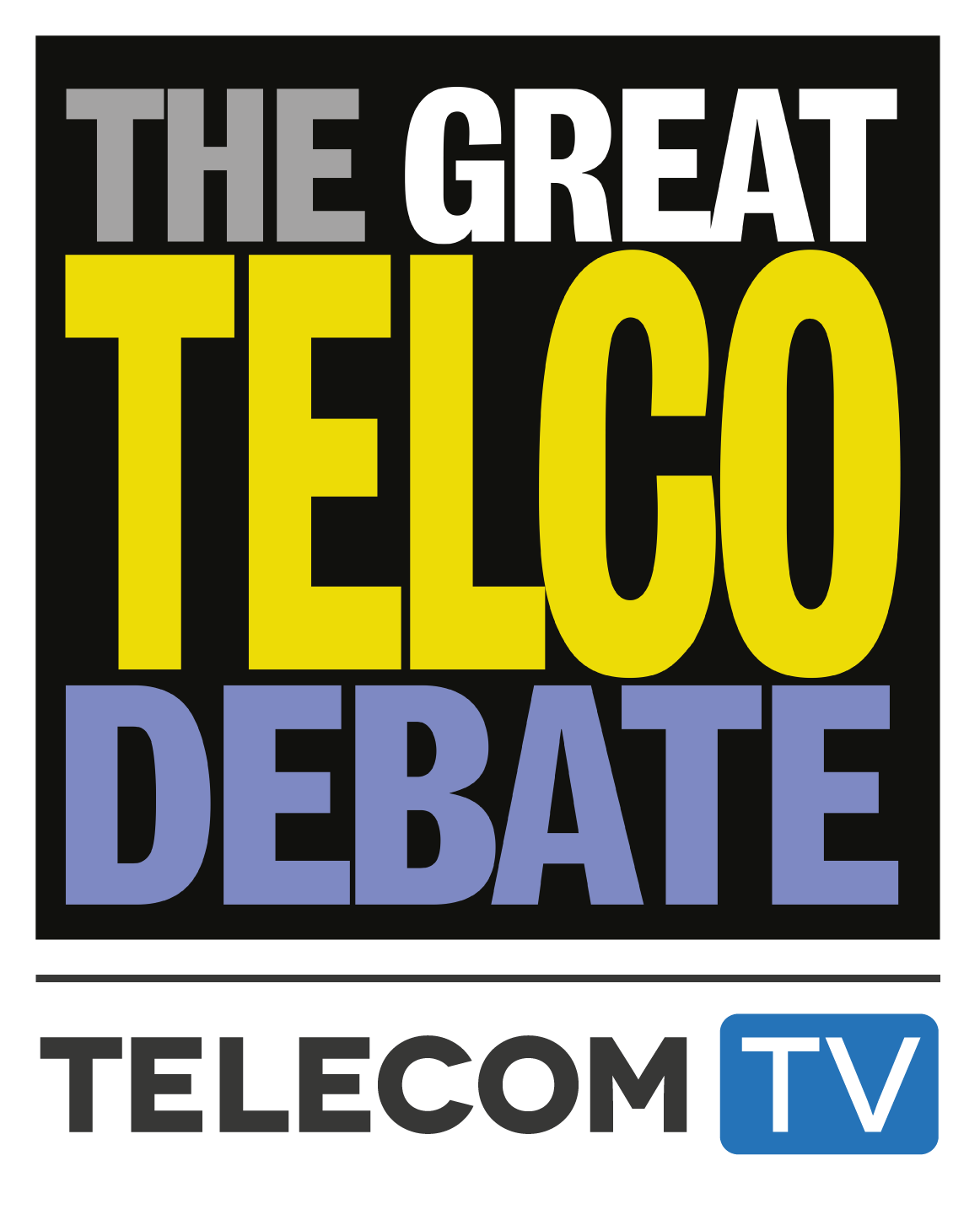
The dust has finally settled on the Great Telco Debate 2018. The months of planning for the interaction-packed debates and panels left us all reeling from the wealth of inputs, cross-questioning and new ideas on the future of the telecoms industry. This was our fifth event and feedback is that it was the best yet – so no pressure for 2019!
Watch the video and interview highlights here.
One of the main challenges for the Great Telco Debate is identifying the topics for debate throughout the year. The six debates summarised below reflect the diversity of opinion and variety of stakeholders at play. What was clear throughout, was that a more open approach to partnering with other ecosystem players is vital if telcos are to throw off the mantel of being the laggards of the digital economy.
Summary:
Debate 1: The role of the telco in the broader digital economy
Motion: Telcos should confine themselves to connectivity – DEFEATED
Input from Jean Yves Charlier former CEO of Veon, Akira Tada of Softbank, and Mike Blanche of Google left us in no doubt about the wealth of opportunities outside of connectivity. However, the telco’s role in providing high quality, ubiquitous connectivity across fixed and mobile has to be the focus for the industry.
Debate 2: Filling the fibre gap
Motion: The only way to get full fiberisation is to nationalise fixed telecoms infrastructure – DEFEATED
Clive Carter from Ofcom, Dana Tobak from Hyperoptic and Mike Magee from SSE Enterprise Telecom all emphasised the changing nature of the telecoms infrastructure build-out with funding coming from a wide range of sources. All are looking to get involved in the fibre and 5G build programmes. Despite the emphasis on mobile, the debate centred on fibre being critical to underpinning all connectivity activities, and how the open market, accompanied by regulation, is stimulating the shift to higher bandwidth services for all customers.
Debate 3: Progress in softwarising and virtualising the world’s telcos
Motion: Virtualisation is a poisoned chalice – DEFEATED
Dr Steffen Roehn, Senior Advisor to Reliance Jio, set the scene for the softwarised telco whilst Ian Massingham from AWS outlined how the web-scale giant is working on many different levels with the telco community, with Cloud becoming the de facto standard for developing applications. Sanjay Mewada from Netcracker, Martin Taylor from Metaswitch and Colin Kincaid from Cisco presented their diverse perspectives before we dove into a tetchy debate about the role of open source versus the traditional world of suppliers.
Debate 4: Analytics, Machine Learning and the Edge – DEFEATED
Motion: The first priority for AI deployment is in network optimisation.
Charlie Muirhead of CognitionX boiled down the enormous volume of activity around AI into a few key initial steps for the telecoms world, whilst Simon Aspinall from SWIM AI demonstrated how the start-up is building intelligence at the Edge to help real time analysis and Marisa Viveras from IBM talked about the shift to Watson and hyper intelligence in the telecoms industry.
Debate 5: Security is everywhere but which aspect can generate revenue?
Motion: Security can generate significant long-term income for telcos – DEFEATED
Nicolas Thomas from Fortinet and the Security Alliance opened up the security debate followed by Laurence Pitt from Juniper and Derek Roga from Equiis. The diversity of perspectives on security make it very difficult to pin down whether it’s a revenue or a cyber-defensive play. The one common view is that customers expect the telcos, with their conservative positioning, to provide secure, reliable service, whether this is connectivity, messaging or building on the Edge to deliver real time solutions.
Debate 6: 5G And IoT meet Industry 4.0 but where does it leave the Telcos?
Motion: 5G is revolutionary in enterprise terms but evolutionary in consumer terms – CARRIED
Phil Skipper Head of Business development for IOT at Vodafone showed how industry is benefiting from the potential of 5G. Ericsson through Hakan Duphama and Nokia via Phil Twist demonstrated how their telecoms expertise is being applied to the industry 4.0 revolution and Darrell Jordan Smith from Red Hat outlined how the open source uprising is demanding more and more from all partners in the emerging ecosystem.
We will return with the next Great Telco Debate on December 5th 2019 in London. In the meantime, we will also return with TelecomTV at the Digital Service Provider (DSP) Leaders Summit in May. This is part of the closer cooperation between the Great Telco Debate and TelecomTV – bringing a truly independent platform for debating the future of the telecoms and media industry to all.
The formal summary document will be available shortly. Please drop me a line chris@lewisinsight.com if you would like to receive a copy or if you would like to get involved in the formal proceedings for the DSP event or next December’s Great Telco Debate.
